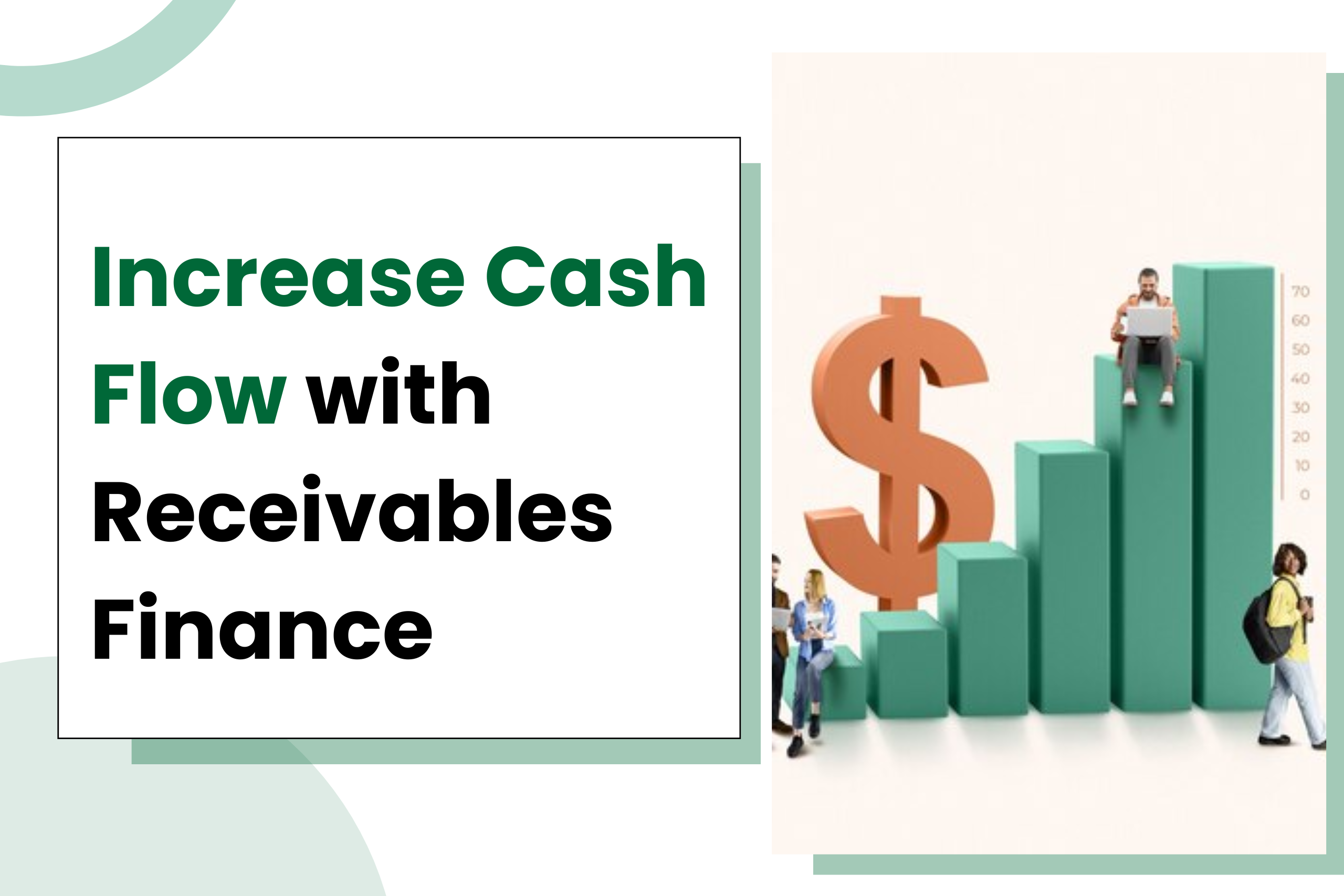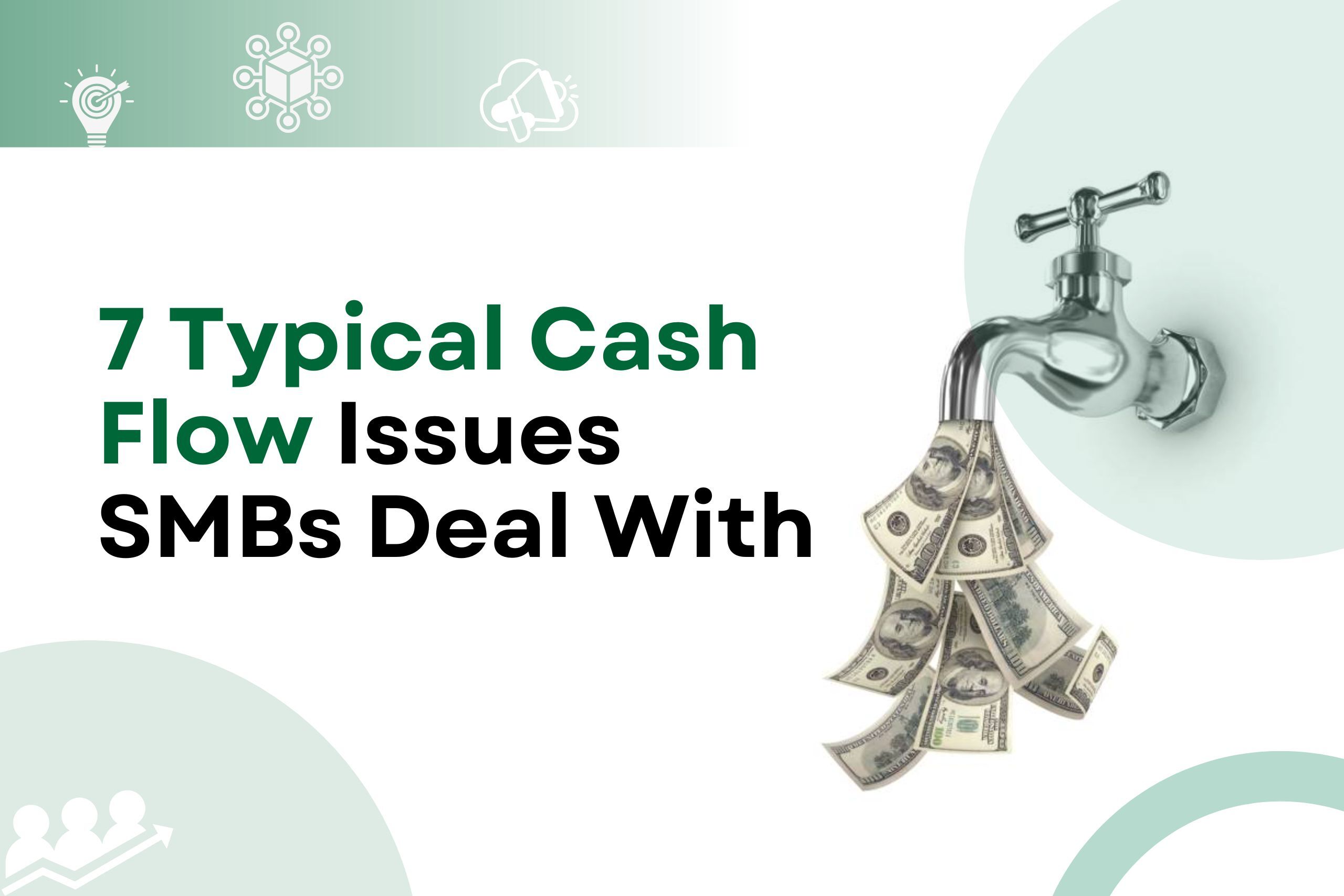In today’s dynamic business landscape, access to immediate capital can be critical for growth and stability. One option that many business owners consider is a business cash advance. This financial solution has garnered attention for its potential to provide quick cash in hand, but it comes with its benefits and risks. In this extensive blog post, we’ll delve into what a business cash advance entails, how it works, its pros and cons, and some essential considerations for business owners thinking about this funding option.
What is a Business Cash Advance?
A business cash advance is a type of financing that allows businesses to receive a lump sum of cash upfront in exchange for a percentage of their future sales or revenue. Unlike traditional loans, cash advances are not typically structured with fixed monthly payments; instead, repayments are made as a percentage of daily credit card sales or total revenue.
Types of Business Cash Advances
- Merchant Cash Advances (MCA): This is the most common form of a business cash advance where lenders provide a cash sum in exchange for a designated percentage of future credit card sales. It is favored by businesses with strong credit card sales, such as retail stores and restaurants.
- Business Cash Advance Programs: These are more general funding programs that might not solely rely on credit card sales; they can consider overall revenue and other factors.
How Business Cash Advances Work
- Application Process: Businesses typically fill out an application, providing details about their revenue, sales history, and sometimes personal credit information.
- Approval and Funding: Based on the business’s revenue history, lenders will determine how much they can offer. If approved, the cash is usually available quickly, often within a few days.
- Repayment: Instead of fixed payments, businesses repay the advance through a percentage of their daily credit card transactions. This means repayments can fluctuate based on sales—making it easier to manage during slower periods.
Advantages of a Business Cash Advance
- Quick Access to Funds: One of the main benefits is the speed of acquiring funds. Unlike traditional loans, which can take weeks to process, business cash advances can provide cash within days.
- Flexible Repayment Terms: Payments vary with revenue, allowing businesses to pay more during good sales periods and less during leaner times, ultimately providing a cushion in difficult months.
- Less Stringent Requirements: MCAs often have more lenient approval standards than conventional loans, focusing more on daily sales and revenue than personal credit scores.
- No Collateral Required: Unlike traditional loans that may require collateral, business cash advances do not typically need assets to secure funding.
Disadvantages of a Business Cash Advance
- Higher Costs: Business cash advances can be expensive. The fees and interest rates are generally much higher than traditional bank loans, which can lead to significantly higher repayment amounts.
- Risk of Over-Borrowing: The ease of access to cash may tempt business owners to take out more than necessary, leading to financial strain later on.
- Daily Repayments: The structure of repayment can lead to cash flow issues, especially if sales are slow, making it challenging to meet daily repayment schedules.
- Impact on Future Sales: As a percentage of daily sales is allocated towards repayment, businesses may find their cash flow impacted in the long term.
Key Considerations Before Opting for a Cash Advance
- Assess Your Business Needs: Determine if an MCA is the best fit for your business’s current financial situation. Is the funding urgent? Will it lead to profitable growth?
- Understand the Costs: Before accepting a cash advance, ensure you comprehend the total repayment cost. Look for lenders that outline clear fees and terms.
- Evaluate Alternative Funding Options: Explore other avenues like traditional bank loans, lines of credit, or crowdfunding to see if they might suit your needs better.
- Choose a Reputable Lender: Research lenders thoroughly. Look for reviews, ask for recommendations, and examine their terms and conditions to ensure you are dealing with a trustworthy entity.
- Consult with Financial Advisors: If you have doubts, seek advice from financial experts who can provide insights tailored to your specific business context.
Conclusion
A business cash advance can be a valuable tool for business owners seeking quick access to funds, especially in environments where cash flow is critical. However, it’s essential to weigh the advantages against the potential pitfalls, including higher costs and the impact on cash flow.
By thoroughly understanding how business cash advances work and considering your unique business needs, you can make informed decisions that will position your business for growth and stability. Whether you choose a cash advance or explore other financing options, being diligent and informed will ensure the best outcome for your business finances.




